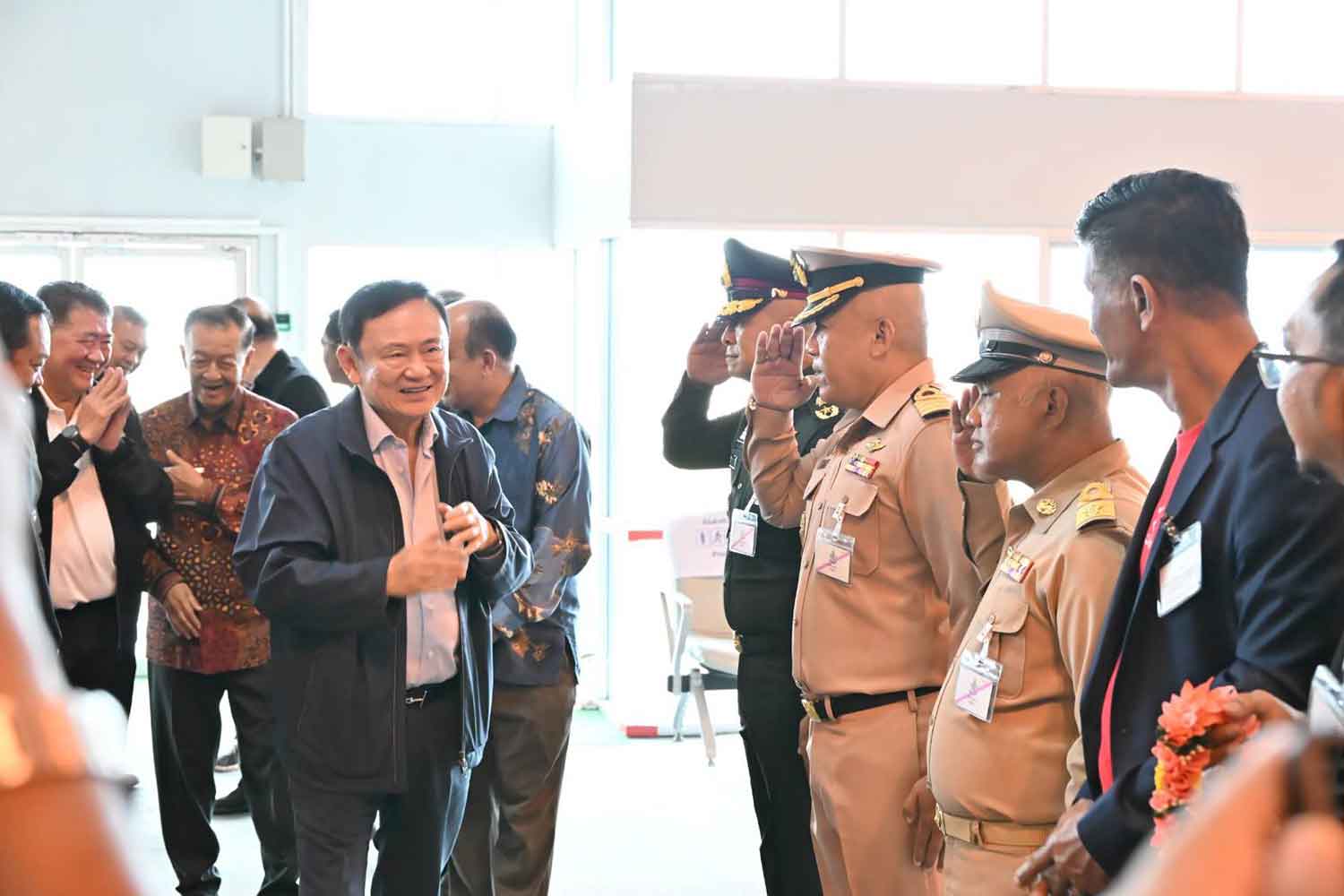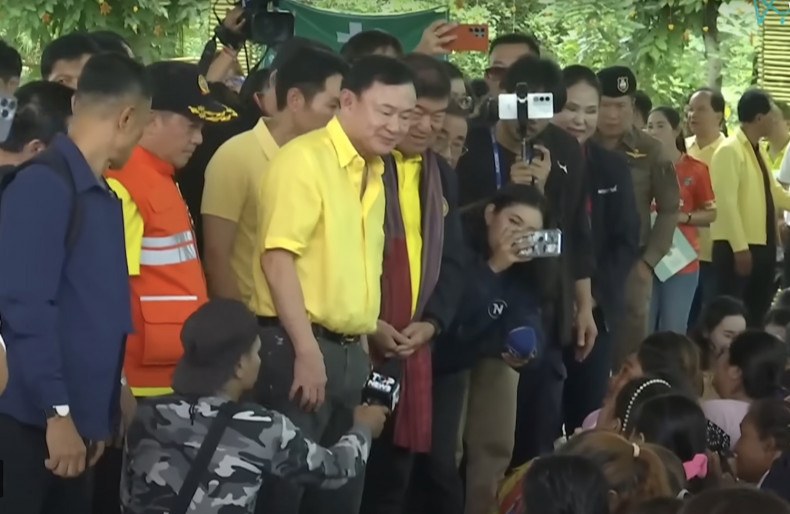Thaksin’s Commitment to Peaceful Solutions
Emphasizing Dialogue in Southern Provinces
Former Prime Minister Thaksin Shinawatra has reiterated the importance of dialogue as a means to address the ongoing challenges in Thailand’s southernmost provinces. His recent visit to the region aims to gather public opinions and foster discussions that could lead to improvements in the quality of life and peace in these areas.
Addressing Economic and Security Concerns
Tackling Key Issues in the South
During his visit, Thaksin highlighted various pressing issues, including economic development and narcotics-related challenges. He believes that open communication with local communities is essential for understanding their needs and concerns, which can pave the way for effective solutions.
The Role of Local Voices in Policy Making
Listening to Community Feedback
Thaksin’s approach emphasizes the necessity of incorporating local voices into policymaking. By engaging with residents directly, he aims to create a more inclusive dialogue that reflects the realities faced by those living in the southern provinces.
Future Steps for Peace Initiatives
Building a Framework for Continued Dialogue
Looking ahead, Thaksin advocates for establishing a structured framework for ongoing discussions. This initiative seeks to ensure that dialogue remains a priority in addressing the complex issues affecting the southern regions, ultimately contributing to lasting peace and stability.
A Path Forward Through Dialogue
The Importance of Collaborative Efforts
Thaksin’s emphasis on dialogue underscores a broader commitment to collaborative efforts in resolving conflicts. By prioritizing communication and understanding, he aims to foster an environment conducive to peace and development in Thailand’s southernmost provinces.









